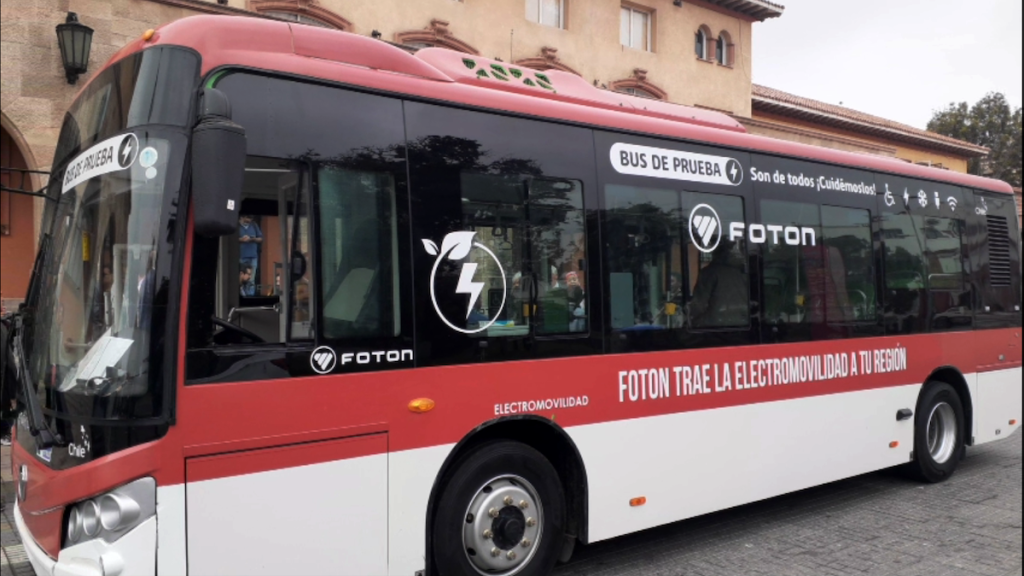With an estimated investment of $79 billion for the implementation of 42 initiatives between now and 2030, Valdivia, a city located in central Chile, aspires to lead sustainable mobility.
Projects such as pedestrian routes, design and construction of bicycle lanes, and an increase in the public and river transport fleet are at the top of the ambitious proposal that arose as a result of a meeting between public bodies, NGOs and private companies.
To achieve the goals set, a memorandum of understanding was signed with the Regional Government of Los Ríos and the Undersecretariats of Regional Development, Transport and Housing and Urban Planning, in order to obtain the necessary resources.
Among the lines of action that the promoters of the plan have in mind, a term of 60 days was given to set up a management unit for the initiative, in which the signatory agencies will hold a first meeting to review and begin coordinating the different projects.
Read also: Chile Relaunches National Strategy for Sustainable Mobility to Accelerate Decarbonization Process
Changes in the Mobility Culture
The plans being carried out in Valdivia seek alternatives so that citizens can move around in an efficient and environmentally friendly manner.
In addition, one of the objectives is to massify sustainable mobility and take the projects to all corners of the country, avoiding limiting it only to the capital cities.
In this sense, the Mayor of Valdivia, Carla Amtmann said that “there is one certainty and that is that we have to build egalitarian and sustainable cities and this plan puts mobility at the center, that is, the way in which we get to our workplaces, to educational centers, to places of recreation, how we move and in that movement that is based on well-being and based on sustainability”.
Along the same lines, the Undersecretary of Transportation, Cristóbal Pineda, explained that sustainable mobility has to be born from the territories, which is why the municipalities have a fundamental role to play in order to have better conditions for public transportation, walking and cycling, which is what they also seek as a ministry.
According to the municipality’s budget, the members of the sustainable mobility roundtable will also have a role in the development, evaluation and monitoring of the plan.







